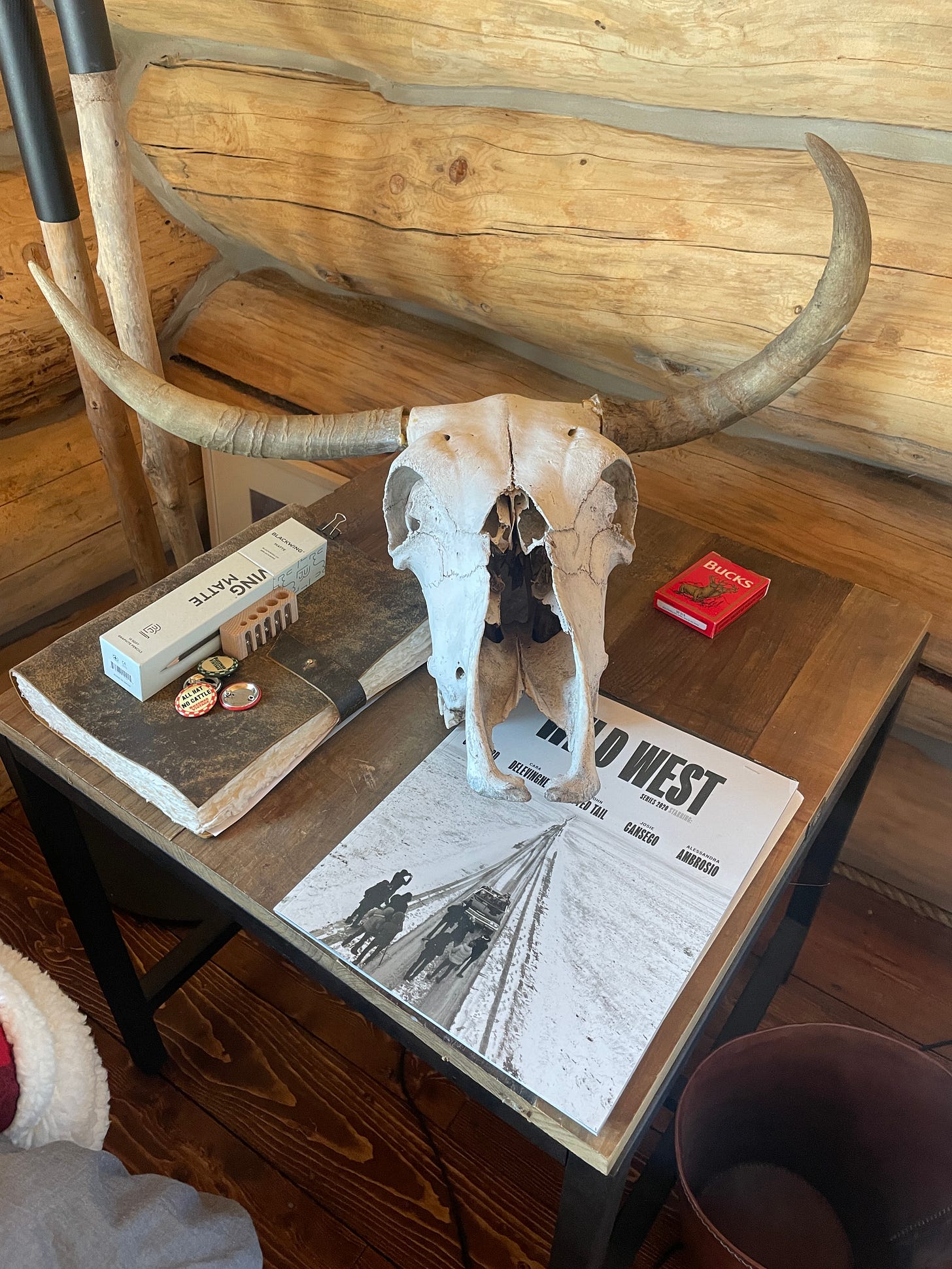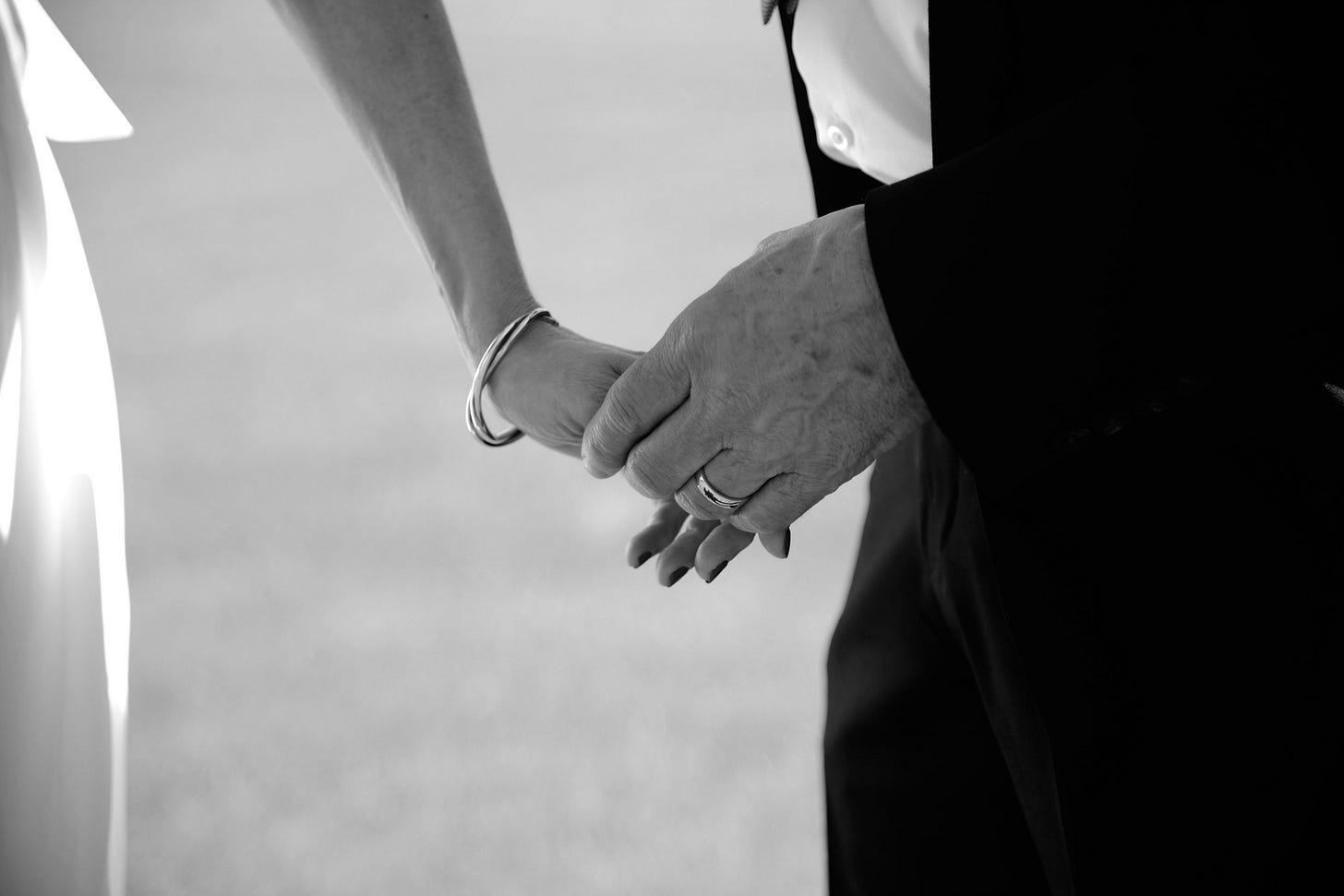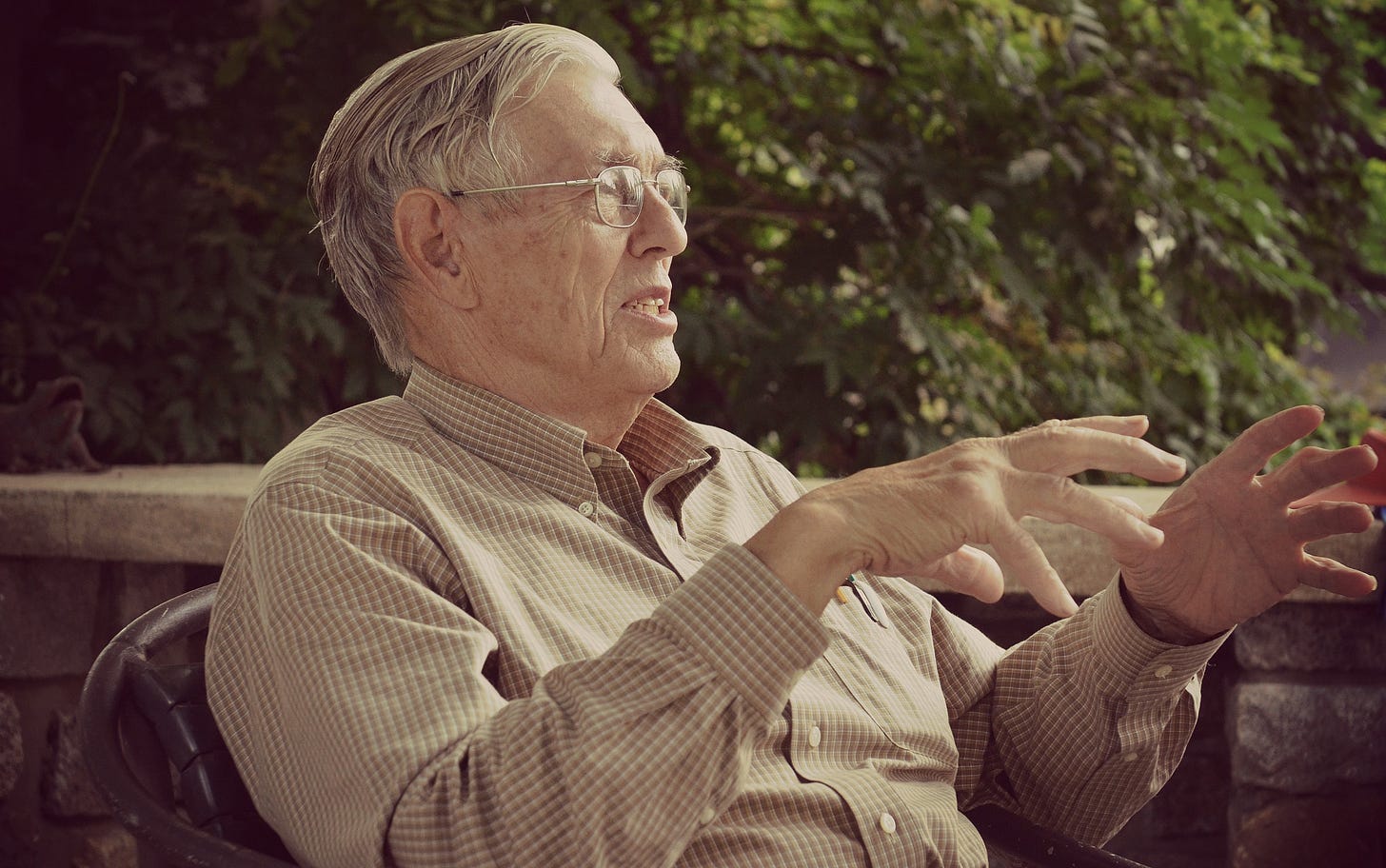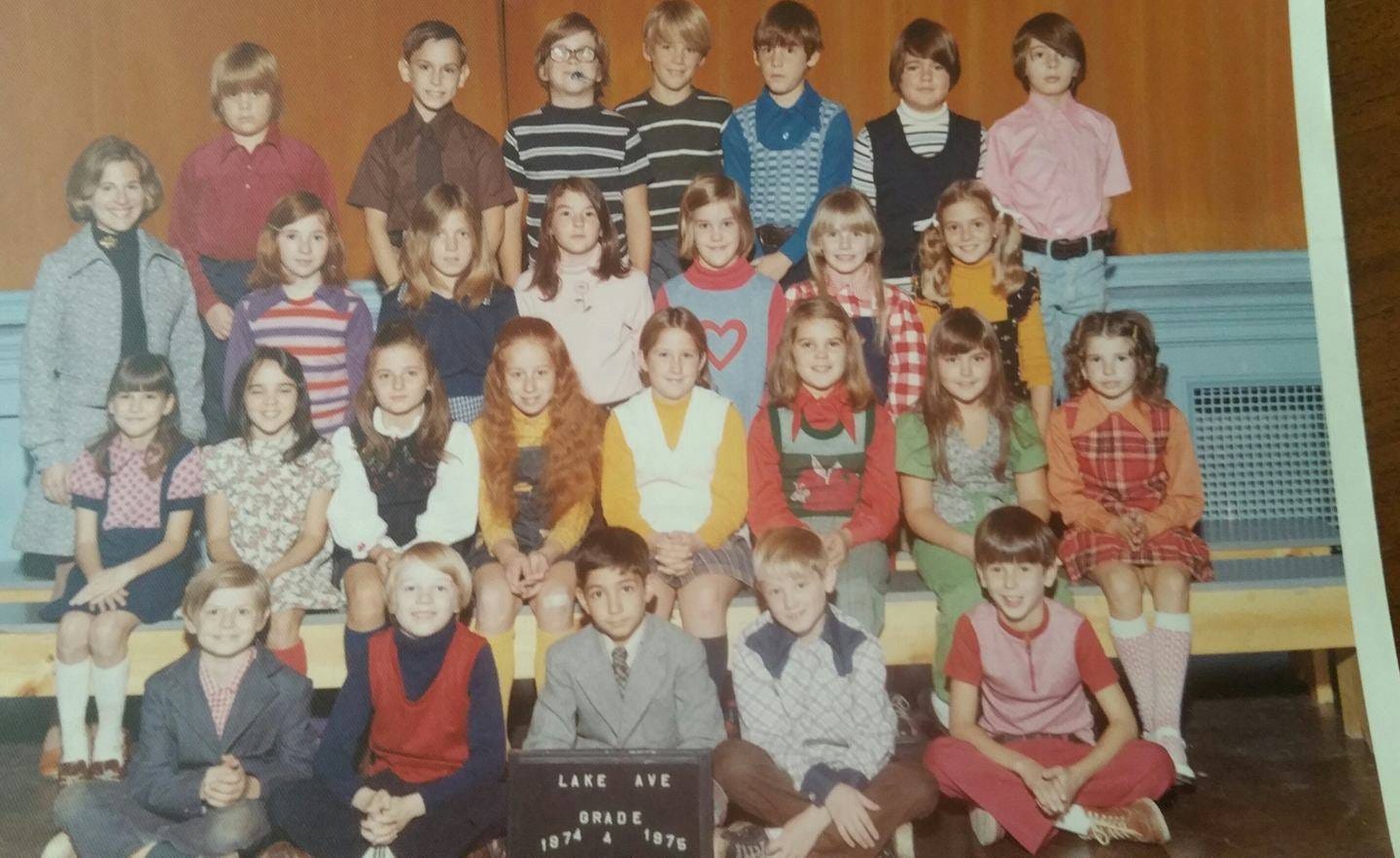Hello Reader.
The waking time is often a time when clear information comes to me. The first thoughts I have in the early morning seem to be coming from Infinity and, as a writer, I’m usually scrambling to jot them down or even to start writing a piece for you to read.
Living in my sixtieth year here (being 59 means I am in year 60), my interest seems hyper-focused on humans — why we do the things we do, make the choices we make. Why we act the way we do. If you raised children you remember the why stage. Turns out I’ve circled back around to that.
It occurred to me, though, this morning that this study of humans is something I’ve been doing my whole life.
As a girl I read books that gave me insights into the human condition. I have never been interested in science fiction or otherworldly dramas. I was drawn to stories about human suffering and how people respond. For a while I thought I wanted to be a journalist, reporting from all over the world on the activities of humans.
I did dip into the shallows of that world a couple of times: as the editor of my high school newspaper and then later as a writer and editor for a small, local nonprofit paper in my community. I never did become a journalist in the big newspaper or magazine sense of the word, but my writing has taken on the air of reportage, from the beginning.
I wrote in secret as a young girl, taking notes in my diary. Mostly, of course, those ruminations had to do with boys, unrequited love, kissing, all the usual stuff of the messiness of childhood and the teenage years.
In college a friend introduced me to the Rediform Science Notebook, #43-571, 120 pages, rounded corners and I have been note-taking in those terrific books ever since. I had Matt Renna of Queen City Dry Goods make a beautiful leather cover. I love giving those to people I know who like to record things. I am on an endless quest for the perfect pencil and perfect pen. And when I see something someone else is using, as I did recently in Montana, I get really excited (note: leather journal and Blackwing pencils to left).
For a long time I studied the world through a lens, literally. I carried a camera with me everywhere I went. The lenses got larger and the cameras more sophisticated over time. Then I began to wonder if this piece of technical equipment was coming between me and my experience of life. I wondered if by constantly photographing life I was missing living it.
But I loved capturing moments. I was especially curious about peoples’ hands.
I went to Alaska that year and intentionally left my camera at home. That was the year I started writing a blog, I became a public writer.
I don’t have those early entries. I don’t have any of my old journals and a lot of my old photographs are gone, too.
I don’t save anything. I delete my sermons when I finish sharing them.
Part of this, I think, is because I don’t believe we have to leave a legacy. Not of our work, anyway. I think it’s super weird when people don’t bother to shut down the social media accounts of a person who has died. And I have seen the effects of the pile-up of life’s detritus. I don’t want my kids to have to slog through a bunch of crap when I’m gone.
It’s odd, though, because I love history. I love artifacts: old photographs, old newspapers, old stories. But I have no interest in saving my own. I guess I don’t want to fall back on old things, I want to keep the space open for the new thing to come.
I remember clearly what I wrote that first blog post about, however. I was in a hotel room at Alyeska Ski Resort in Alaska and I noticed that the contents of my toiletry bag, which I call a Dopp Kit, perfectly reflected the nature of my life. There was a Swiss Army Knife, which I never leave home without, a couple of extra toothbrushes, in case I needed to clean a bike chain, but no toothpaste. I’m always forgetting to pack the toothpaste. There were a couple of band-aids and hair ties. The absence of things like make-up and a hairbrush were as telling as the contents. I loved that that little bag told the story of me, even the fact I had gotten it at a thrift shop on Nantucket.
That was fourteen years ago and I’m still writing my way through life, trying to make some sense of it with words.
When I went to college I found that the sciences were not for me. I tried biology and chemistry. Even psychology had too much of a scientific flavor. I don’t quantify, reduce or deduce. I’m much more interested in universal concepts, big unruly questions that do not result in a definitive answer. That’s my sister’s domain, she’s a professor and research scientist in Alaska and Antarctica. Don’t ask me what she does, I don’t have the language or the brain cells to understand, but she’s amazing and I deeply admire her devotion and drive.
When my eyesight started to weaken I put the camera down and wrote more. These past two decades I have turned my focus to matters of the soul and spirituality. I have been looking at humanity through the lens of the soul for a long time now. Oddly, what I have found is that the longer I do this the more I need to retreat from the world, to think and to write and to contemplate.
For ten years now I have worked in the church domain, but as I watch humanity turn away from the church experience I grow more curious about what might arise from the ashes. Humans might not want to sit in a specific location on specific day at a specific time to study or practice habits of the soul, but they sure as heck are looking for meaning and purpose.
There is a lot of confusion and rejection when it comes to the idea that you are of body, mind and soul. The fact that we have a soul is not a religious concept, it’s just that religious organizations got first dibs at constructing the framework for our natural impulses to make meaning of life. I feel pretty confident that we don’t need expensive-to-maintain buildings and committees to do the work of the soul, I just haven’t figured out what it might look like. Give me a minute, though. I’m willing to toss a lot of pasta at the wall to find out what sticks.
There are infinite ways to study life, so I know I’l never run out of ways to try to understand people. I’ll run out of time long before I run out of ideas.
Who am I? Who are you? Why are we here? Can I identify that things I didn’t do well in the past and try not to repeat them now? Or better yet, do them well today.
Last week I slept in a very old, beautiful building on Lake George where Georgia O’Keefe once stayed and painted. It was very easy to feel the presence of history, women and the arts (it’s at a women’s retreat space called Wiawaka). I went alone to think and to write, to look out over the water, clear my head and let ideas come.
Early in the morning I heard someone say my name, very clear, Melissa. So clearly, in fact, that I responded, uh huh? Then I sat up, got up and looked around and there was no one there, no one awake, no one at all.
What I realized was that it was the answer to my questions, who am I, why am I here, what am I supposed to do?
Very simple: I’m Melissa. Just Melissa. The kid there in the middle, wearing the heart. I’m supposed to be Melissa. That’s all.
xo, mo







I too, have heard my name, in a loud clear voice. Love you, and your writing. Thank you.